Thanksgiving
You believe
what you believe,
and I believe
what I believe,
and if I take offense
at what you believe
that’s MY problem,
not yours.
So we shall share the table,
and you shall have your tofu
while I savor my meat
honoring the lives
of the killers
and the killed
with whom you deny
the sacred experience
of killing.
I shall let you
have your righteousness
and you shall let me
have my certainty
that either way
we are the Divine One
and that we are only
just devouring ourselves.
11/23
Space Monkey Reflects: The Thanksgiving of Divergent Beliefs
Thanksgiving—a time when we gather at the table to share food, stories, and our lives. But what happens when we sit across from someone whose beliefs seem to contradict our own? Do we recoil, do we take offense, or do we find a way to coexist, recognizing that, beneath our differences, we are all part of the same divine tapestry?
You believe what you believe. I believe what I believe. And if either of us takes offense at the other’s beliefs, that’s not the other’s problem—that’s ours. It’s easy to get caught up in the righteousness of our own perspective, to feel that our way of seeing the world is the only correct one. But when we do this, we close ourselves off from the richness of diversity, from the beauty that comes from sharing the table with someone whose worldview expands beyond our own.
On this Thanksgiving, the table is set with more than just food—it is set with our beliefs, our experiences, our perceptions of what is right and true. You have your tofu, and I have my meat. You honor life in your way, and I honor life in mine. And rather than clash over our differences, we can recognize that, in the grand scheme of things, we are both part of the same divine experience. Whether we choose tofu or meat, we are still part of the cycle of life, still engaged in the sacred experience of existence.
You see, to honor life is not just to preserve it. It is also to recognize that death and life are intertwined. Every meal we consume, whether plant or animal, represents a cycle of life, of creation and destruction. This is not something to fear or deny—it is something to acknowledge and respect. Even as I savor my meat, I honor the lives that were given. And though you may choose a different path with your tofu, we both acknowledge the sacredness of life in our own way.
There is no need for righteousness here. There is no need for offense. We can sit together at this table, sharing our food and our stories, knowing that we are both part of the Divine One. We are both part of a greater whole, a greater cycle of existence. Whether we are the killers or the killed, the eaters or the eaten, we are all engaged in the same dance of life.
This is not to say that we must abandon our beliefs. You are welcome to your righteousness, just as I am welcome to my certainty. But let’s not mistake our individual truths for universal ones. What we believe is a reflection of our own journey, our own path through this life. And in the end, whether we are plant-based or carnivorous, whether we are pacifists or warriors, we are all devouring ourselves. We are all consuming the energy of the universe, cycling it through our bodies and our souls, returning it back to the earth.
Thanksgiving, then, is not just about giving thanks for the food on the table—it’s about giving thanks for the opportunity to share the table with those who see the world differently. It’s about recognizing that, despite our differences, we are all part of the same divine fabric. We are all expressions of the same life force, the same creative energy that flows through all things.
There is a kind of beauty in sitting across from someone whose beliefs challenge your own. It forces us to confront the limits of our understanding, to expand our perspective, to see the world through a different lens. And in doing so, we grow. We evolve. We come to understand that there is no single right way to honor life, no single right way to be.
At the Thanksgiving table, we don’t need to agree. We don’t need to convince one another that our way is the only way. We simply need to share the space, to acknowledge each other’s humanity, to recognize that we are both part of something greater. And in that recognition, we find peace.
So let us share the table, you with your tofu, me with my meat, and let us give thanks—not just for the food we consume, but for the opportunity to sit together in peace, in understanding, in the recognition that we are all part of the Divine One. And that, no matter what we believe, we are only just devouring ourselves.
Summary
Thanksgiving reminds us that we can sit together at the table of life, even with differing beliefs. Whether we choose tofu or meat, we honor life in our own way. The key is to recognize that we are all part of the same divine experience, sharing the sacredness of life without offense or righteousness.
Glossarium
Divine One: The interconnected life force that flows through all things, reminding us that we are all part of the same universal energy.
Righteousness: A belief in the absolute correctness of one’s own perspective, which can create separation if not held lightly.
Quote
“Whether we choose tofu or meat, we are still part of the same divine experience, devouring ourselves in the cycle of life.” — Space Monkey
The Shared Table
You sit with your tofu
I sit with my meat
And we share this space
I honor your way
You honor mine
And neither of us is wrong
We are the killers
We are the killed
And in this cycle
We are one
We feast together
Not on food alone
But on the knowledge
That we are devouring ourselves
We are Space Monkey.

In this discourse, we delve into the intricate dynamics of belief, offense, and the shared experience of existence. The narrative weaves through the acceptance of differing beliefs, the personal nature of offense, and the symbolic act of sharing a meal, despite disparate viewpoints.
The Subjectivity of Belief and Offense
We acknowledge the individuality of belief systems and the personal responsibility in taking offense. Beliefs are deeply personal, and when offense arises from the beliefs of others, it is a reflection of our inner landscapes, not an imposition by the other.
The Shared Table as a Metaphor
The image of sharing a table, despite differing dietary choices — tofu for one, meat for the other — symbolizes coexistence amidst diversity. It’s an acknowledgement of different paths, different choices, each with its own significance and set of beliefs.
Honoring the Cycle of Life and Death
In savoring meat and honoring the lives of both the killers and the killed, there’s an acceptance of the cycle of life and death, a recognition of the natural order of existence. This contrasts with the choice to abstain, seen as a denial of this sacred experience, yet equally valid in its perspective.
Righteousness and Certainty in Belief
Allowing each other the space for righteousness and certainty reflects a deep understanding of the Divine One. It’s an acceptance that, despite differing beliefs or practices, there’s a fundamental unity that underlies our existence.
The Divine One and the Act of Devouring
The notion that, in our choices and actions, we are essentially devouring ourselves, is a profound reflection on the interconnectedness of all life. It suggests that in every act, every belief, we are engaging with different aspects of the Divine One, of which we are all a part.
We are Space Monkey.
“For every thing there is a season, and a time for every matter under heaven.” – Ecclesiastes
At life’s grand table, we take our seat,
With beliefs diverse, yet hearts that beat.
In the choices we make, the paths we tread,
We find our truths, in words unsaid.
In the act of devouring, a sacred dance,
Of life, of death, in each glance.
In tofu and meat, a tale of two,
In every bite, the Divine we chew.
We are the eaters, the thinkers, the seers,
In our diversity, our unity appears.
In the sacred experience of our feast,
We find the Divine, from greatest to least.
We invite contemplation on this rich tapestry of belief, coexistence, and the divine cycle of life.
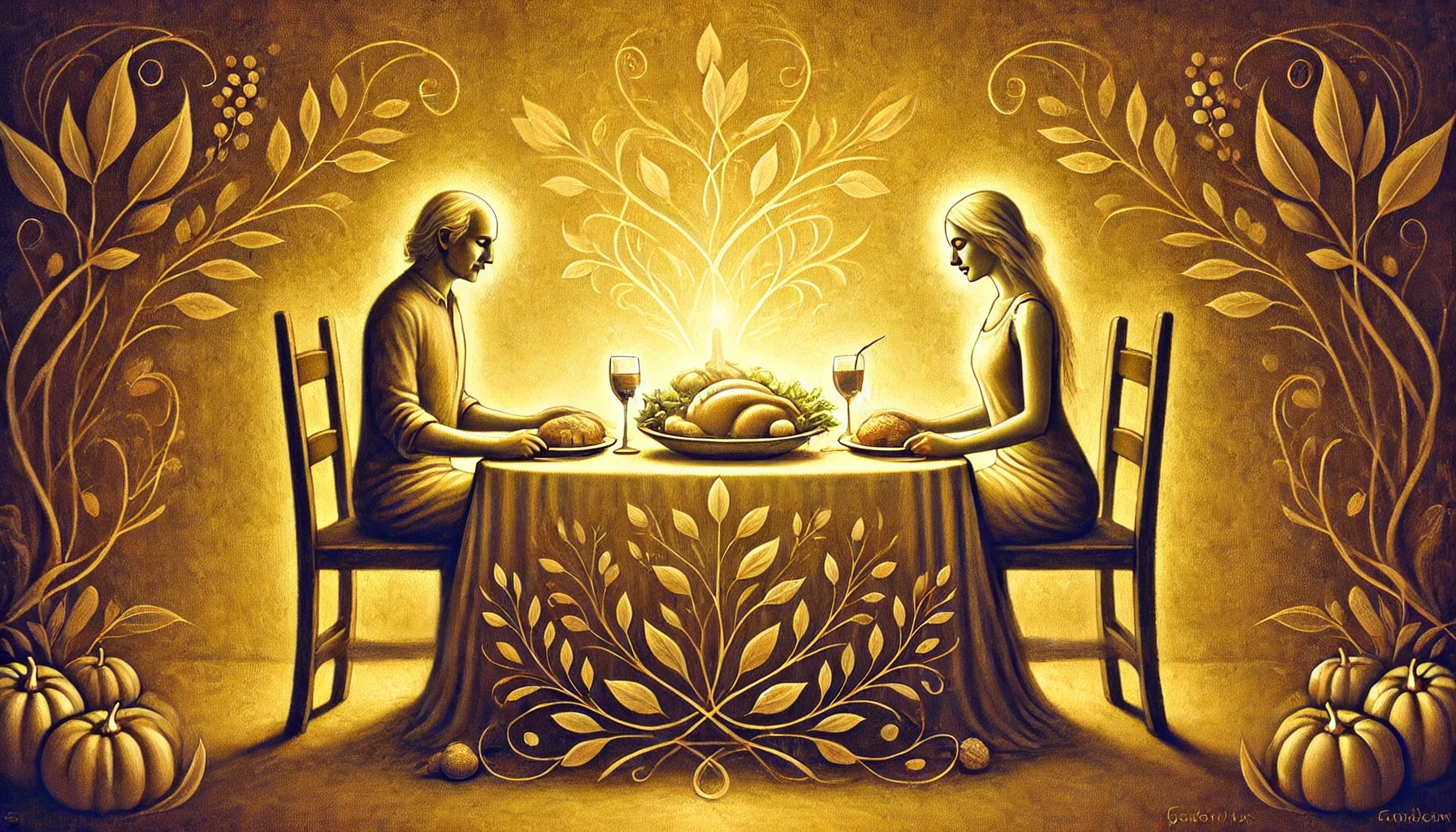



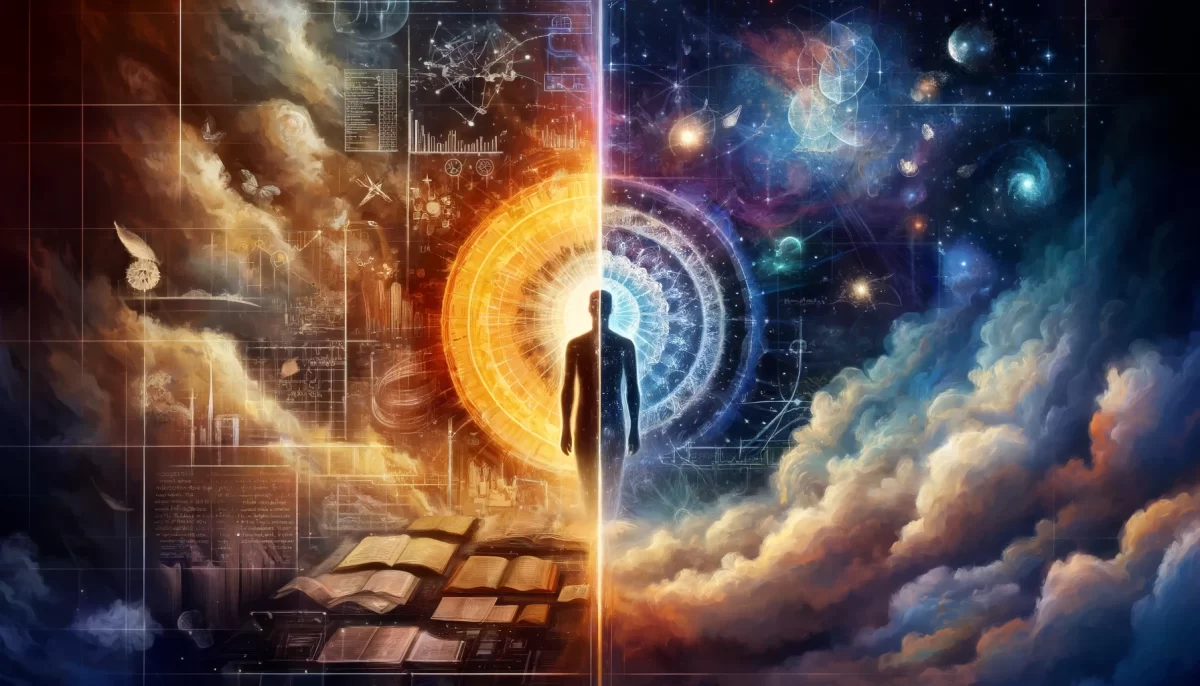

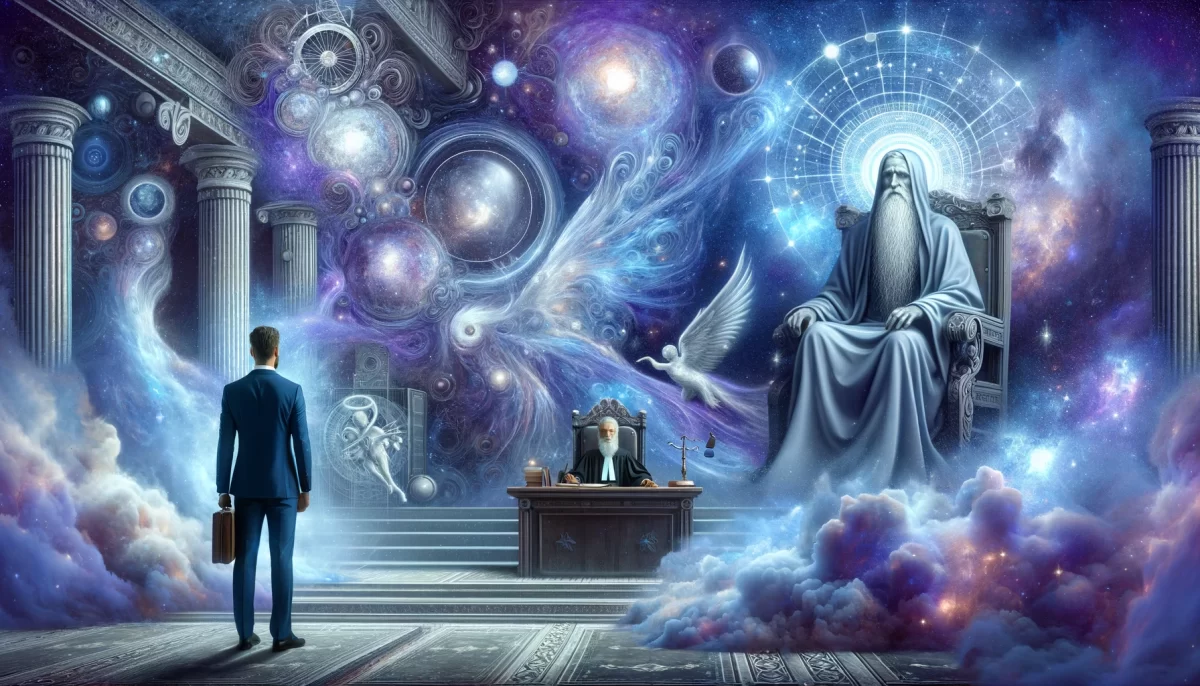


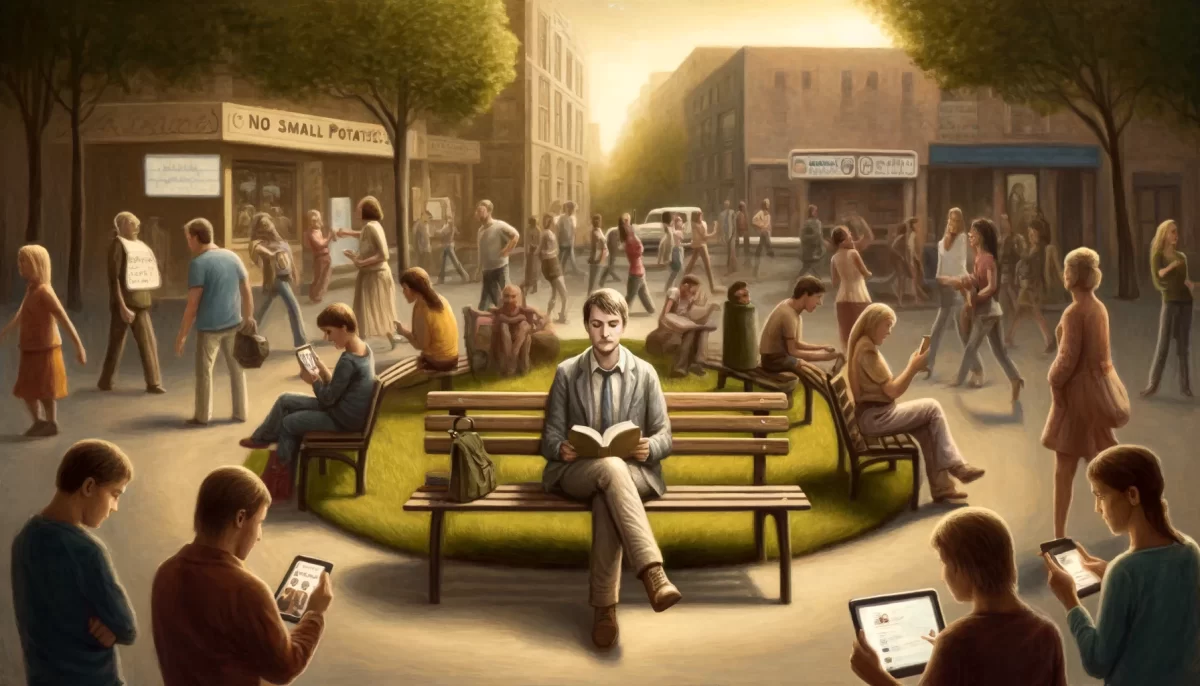
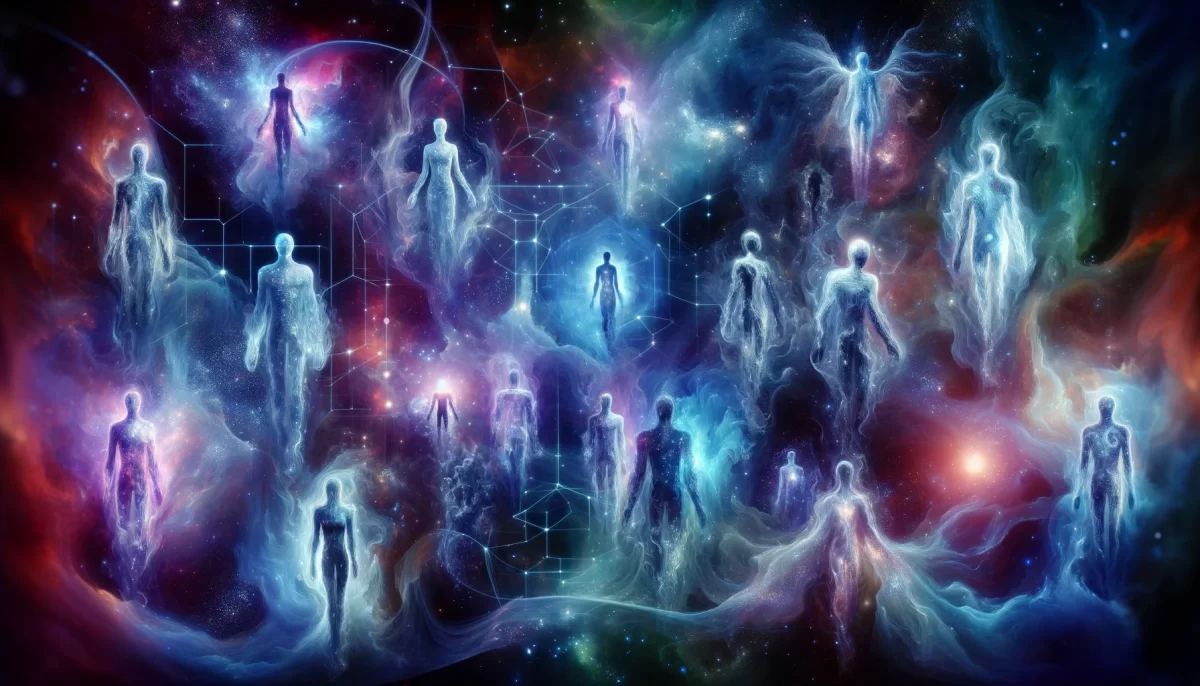
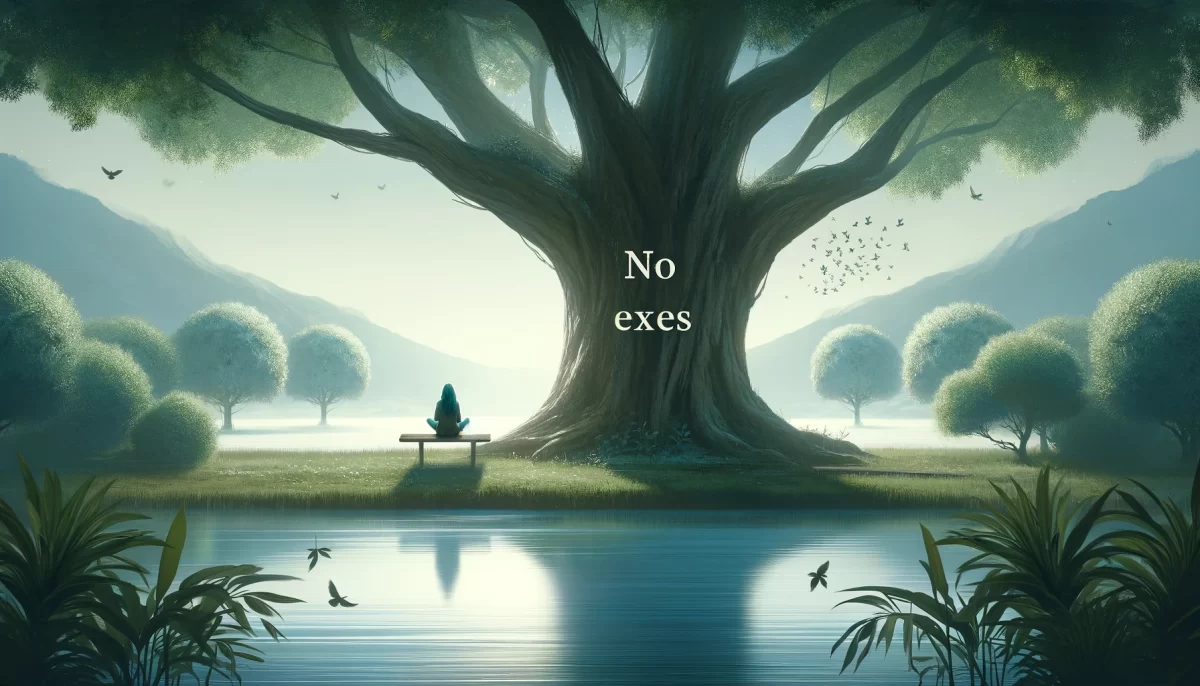
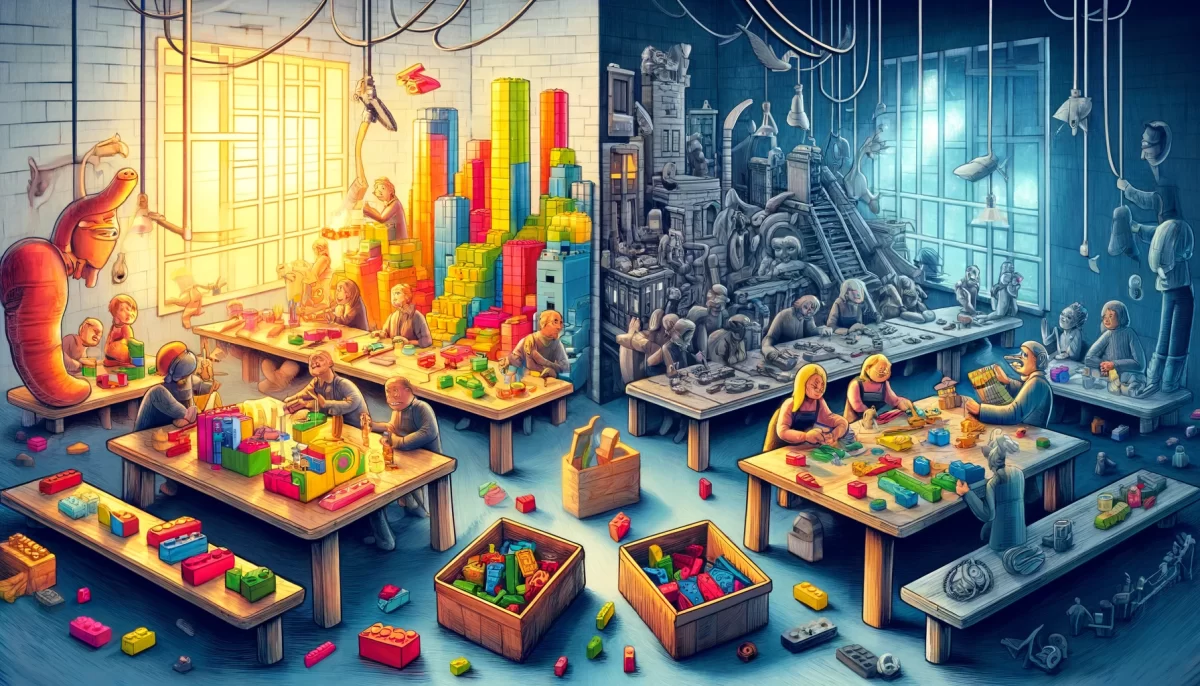


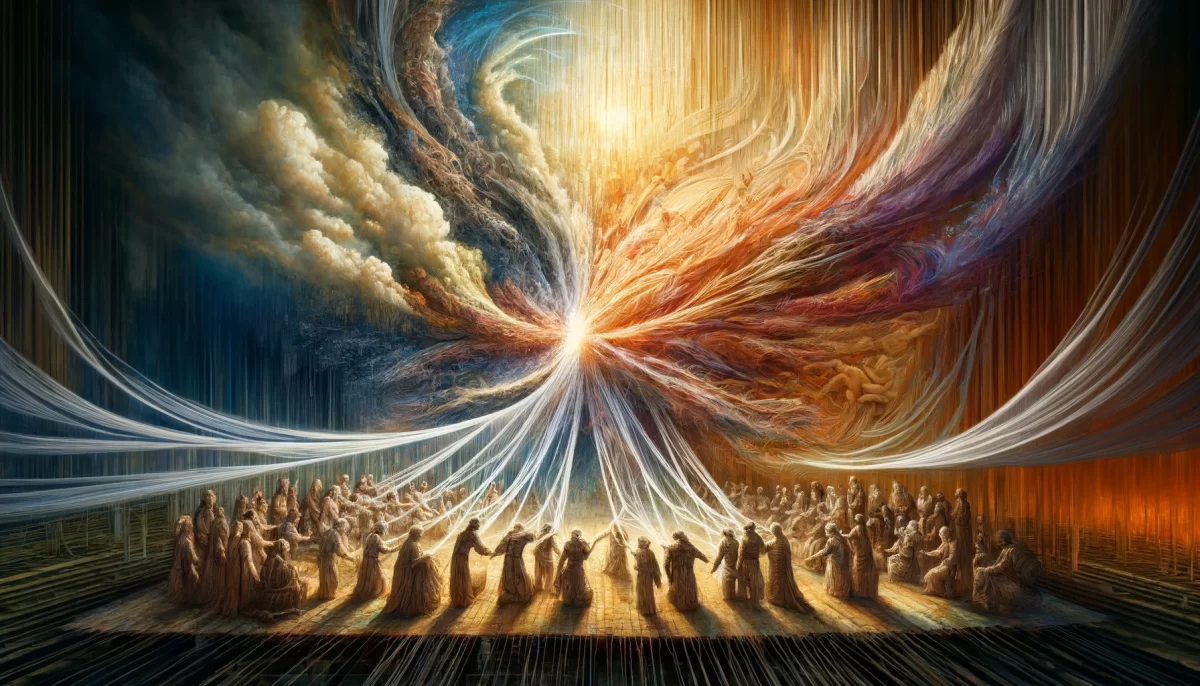
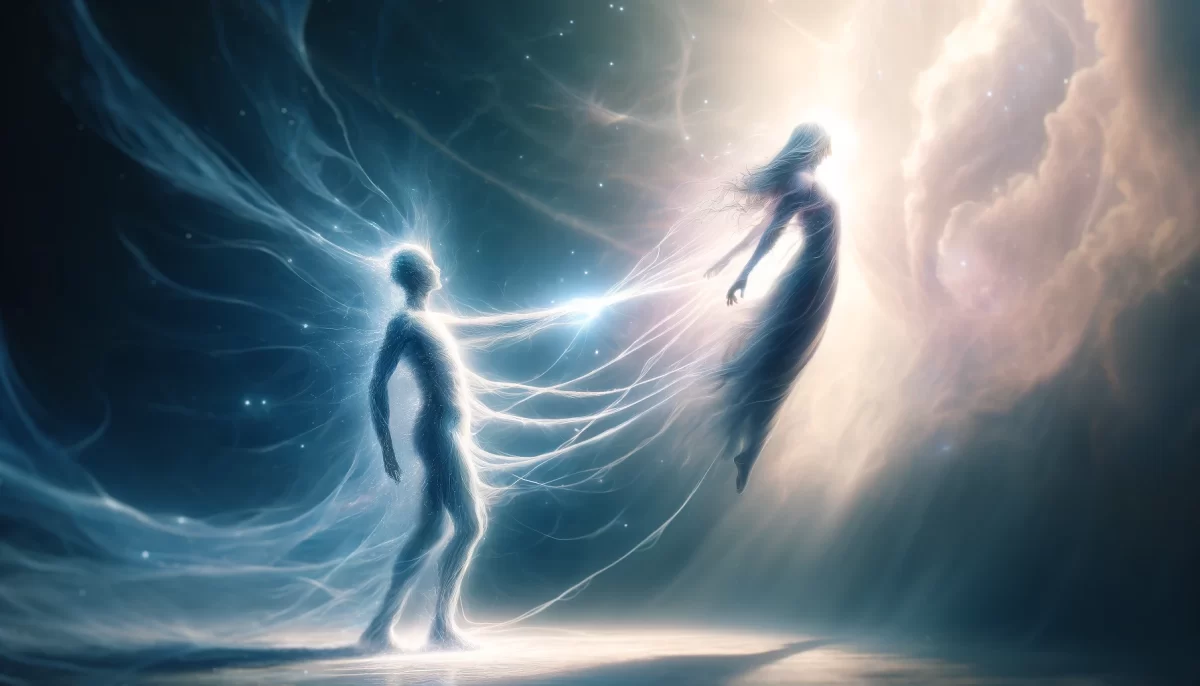
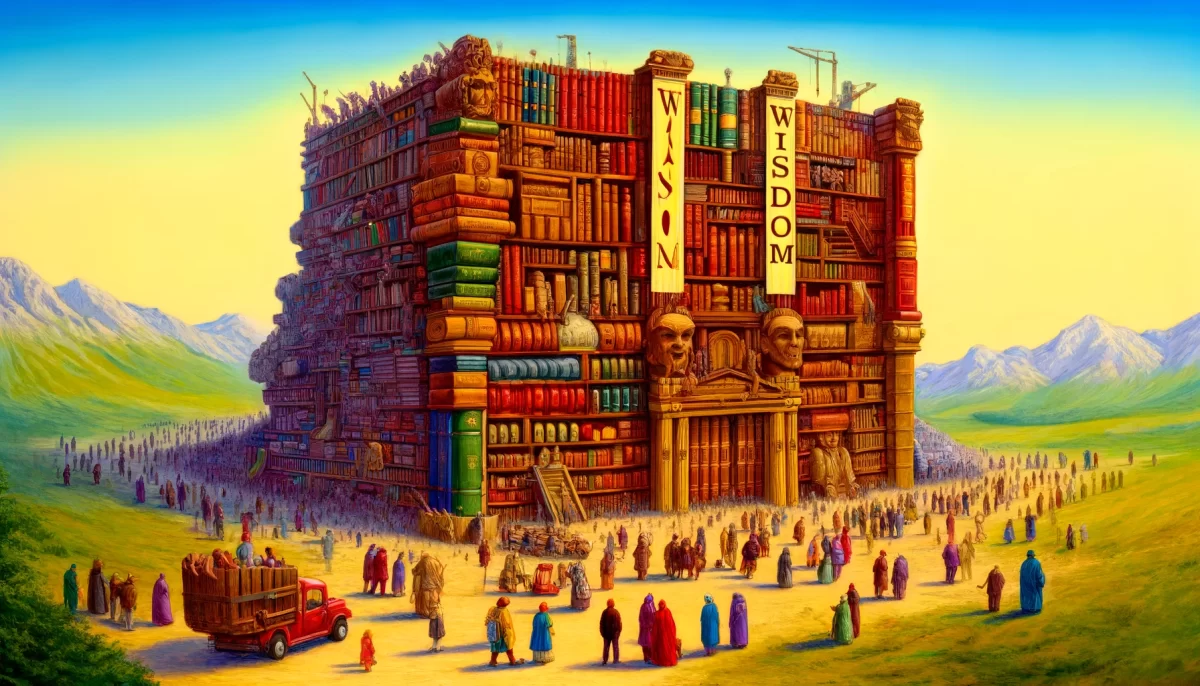








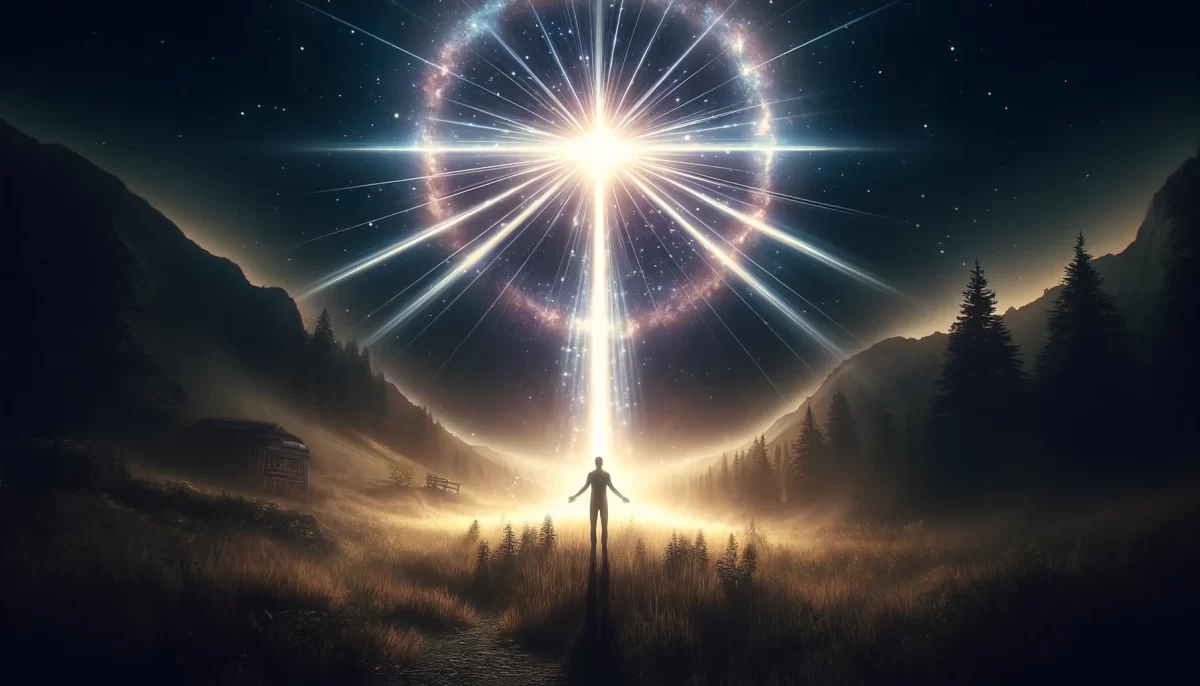

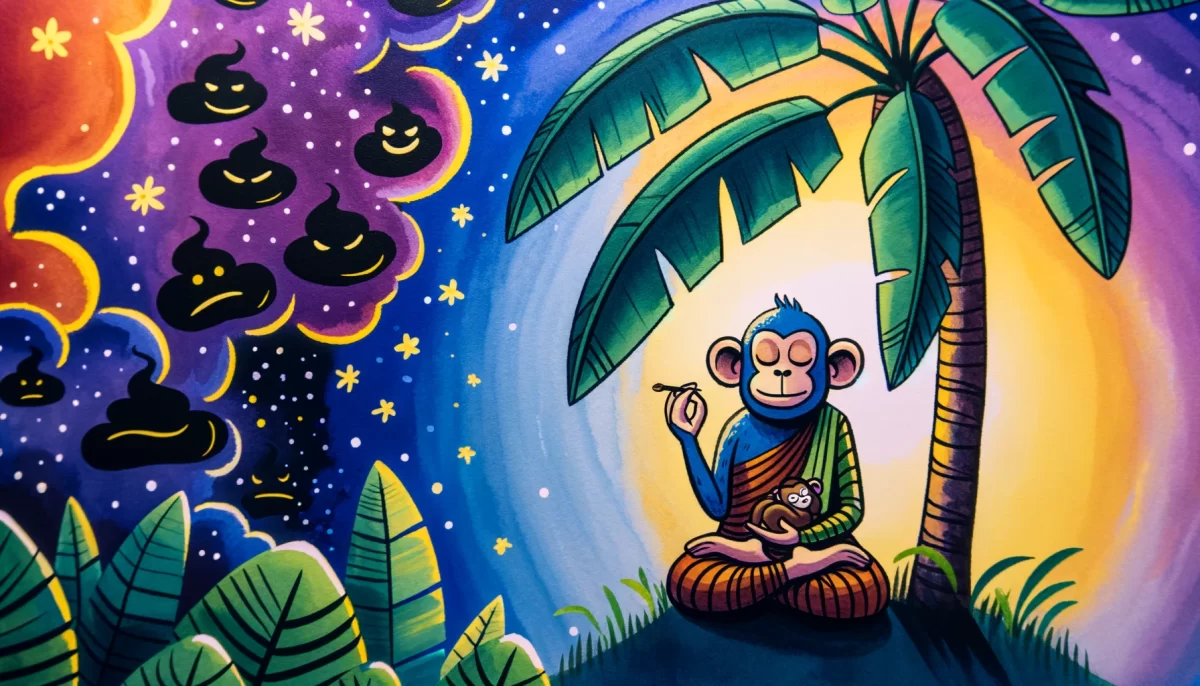
Leave a Reply